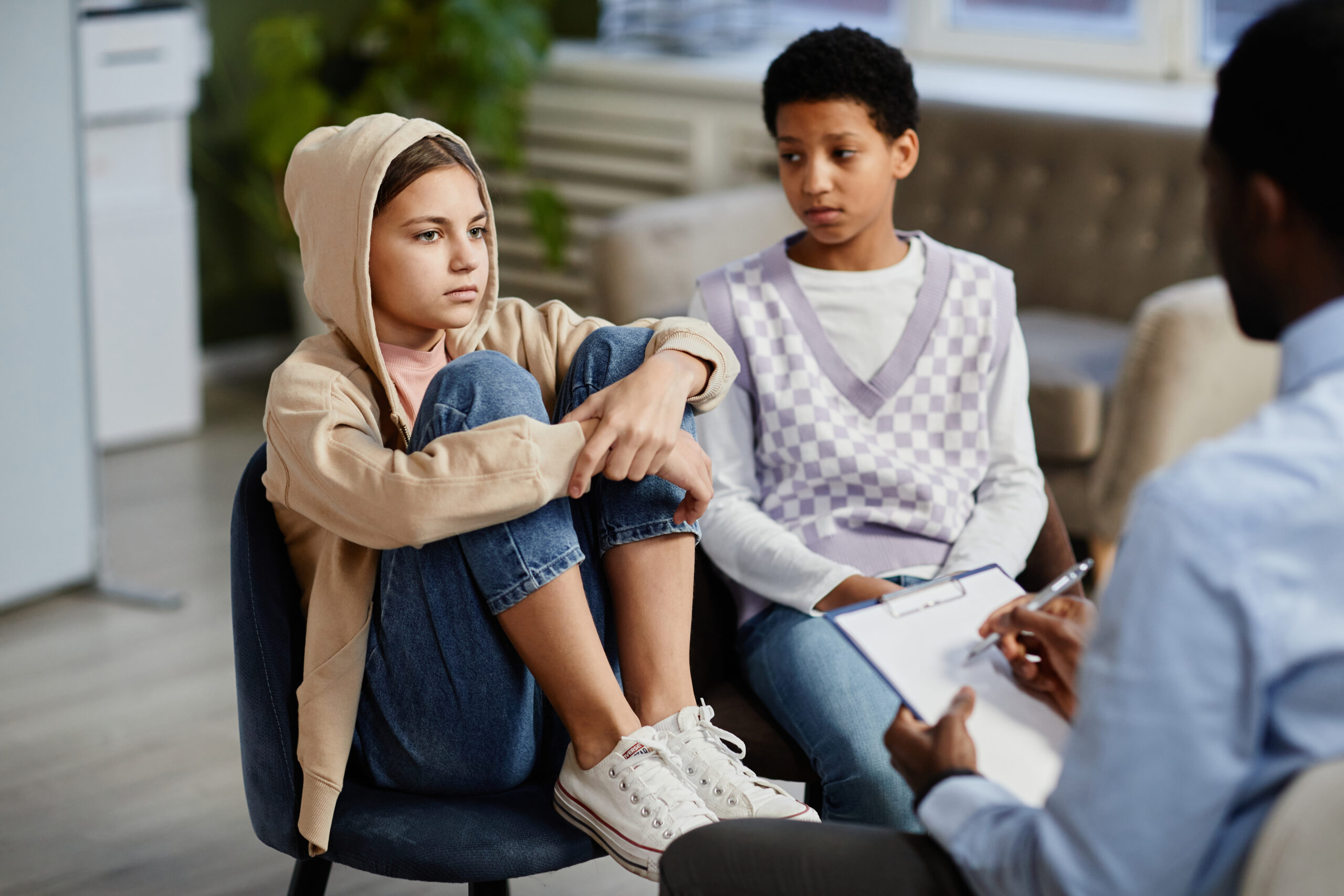Nurturing Young Minds: Exploring Activities Children Engage in During Therapy
Therapy serves as a valuable tool for children to navigate the challenges they face while promoting emotional growth and well-being. Child therapy employs various techniques and activities tailored to the developmental stage and unique needs of each young individual. In this blog, we’ll delve into what children do when they are in therapy, shedding light on the engaging activities that help them express themselves, learn coping strategies, and thrive.
1. Play Therapy: A Window to Expression
Play therapy is a cornerstone of child therapy, especially for younger children who may find it challenging to express themselves verbally. Through games, toys, and creative activities, children can communicate their thoughts, emotions, and experiences in a safe and non-threatening environment. Play therapy allows therapists to observe patterns of behavior and helps children process their feelings and experiences.
2. Art Therapy: Unleashing Creativity and Emotions
Art therapy taps into a child’s natural creativity to help them express emotions that might be difficult to articulate. Children engage in drawing, painting, and other artistic activities to convey their thoughts and feelings visually. The process of creating art can provide insight into their inner world and aid in identifying underlying issues or concerns.
3. Storytelling and Role-Playing: Empowering Narratives
Therapists often use storytelling and role-playing to encourage children to explore their feelings and experiences through characters and narratives. Children can project their emotions onto fictional characters, making it easier to discuss sensitive topics indirectly. Role-playing also helps children practice new behaviors and coping strategies in a safe and supportive setting.
4. Cognitive-Behavioral Techniques: Building Coping Skills
Cognitive-behavioral techniques are adapted for children to help them develop healthy coping skills and challenge negative thought patterns. Therapists use age-appropriate exercises to teach children how to identify their feelings, reframe negative thoughts, and develop problem-solving skills. These techniques empower children to manage stress, anxiety, and other emotional challenges.
5. Social Skills Training: Navigating Relationships
Children may struggle with social interactions and building relationships. Therapy can include activities that focus on developing social skills such as active listening, empathy, communication, and conflict resolution. Role-playing scenarios help children practice these skills, improving their ability to connect with peers and navigate social situations.
6. Mindfulness and Relaxation Techniques: Finding Calm
Incorporating mindfulness and relaxation techniques, such as deep breathing and guided imagery, helps children manage stress and anxiety. These techniques teach children how to ground themselves in the present moment, reduce overwhelming emotions, and promote a sense of calm.
7. Parent and Family Involvement: Strengthening Support Systems
Child therapy often involves parents or caregivers in the process. Therapists may engage parents in sessions or provide them with strategies to support their child’s emotional well-being at home. Strengthening the family’s understanding of the child’s needs and encouraging open communication fosters a supportive environment.
8. Progress Tracking and Goal Setting
Therapists collaborate with children and their families to set goals for therapy. Regular progress tracking helps children visualize their development and accomplishments over time. Celebrating these milestones reinforces positive change and motivates children to continue their efforts.
9. Homework and Skill Practice
Similar to adult therapy, child therapy may involve homework assignments. These assignments help children apply the skills they learn in therapy to real-life situations. Whether it’s practicing relaxation techniques, using coping strategies, or trying out new social skills, these activities encourage children to integrate their learning into their daily lives.
Child therapy employs a variety of engaging and age-appropriate activities to help children navigate their emotions, develop coping strategies, and build essential life skills. Through play, art, storytelling, and cognitive techniques, therapists provide children with the tools they need to thrive emotionally and develop a strong foundation for a healthy future.

